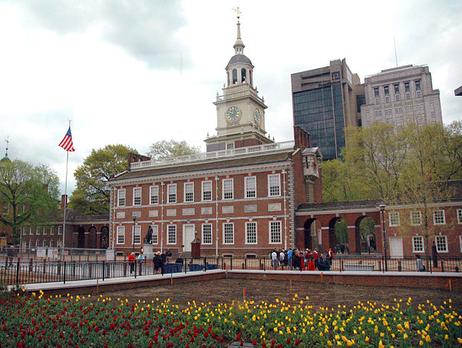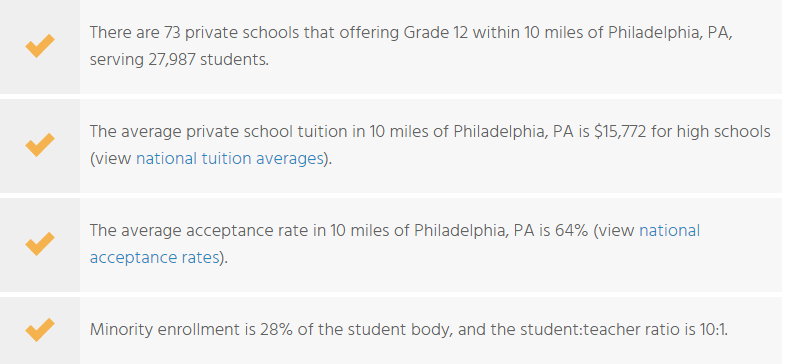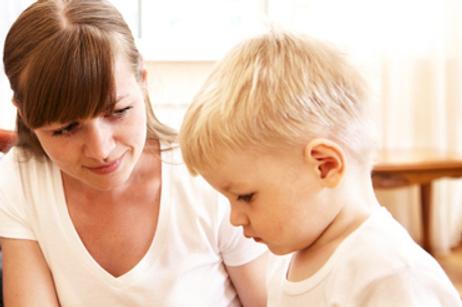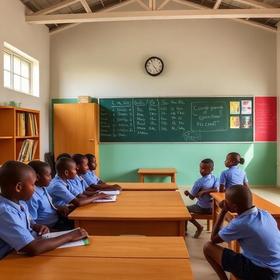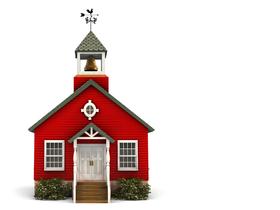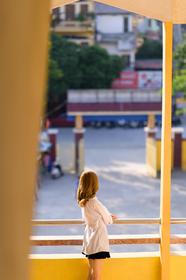I've been writing about private schools for twenty-five years. I always remember how little we knew about private schools when we started looking for schools for our girls. My late wife had attended several private schools when she was growing up in New York City. So, she was at least familiar with them. She spoke favorably of the small classes and individual attention she received. I attended the Westmount Public Schools growing up in Montreal. Those schools were run along English public, i.e., private, school lines and might as well have been private schools. They had small classes and lots of individual attention. They also had strict codes of discipline.
However, when it came to identifying private schools for our children, our choices seemed limited. Before the Internet and smartphones, we had to research schools by phone and snail mail. We asked around and learned about schools from friends and associates. Fortunately, we lived in the suburbs, which always seemed to have a school or two for us to consider. In any case, in the 2020s, you have some truly amazing tools to help you identify the right school for your children.
So, let me save you time and lay out a road map for your research. Your decision process will include consideration of cost, suitability of schools in your area, the reputation of schools and their teachers, curriculum, athletic programs, and extracurricular activities programs, among other items.
The first thing you need to do is decide when




